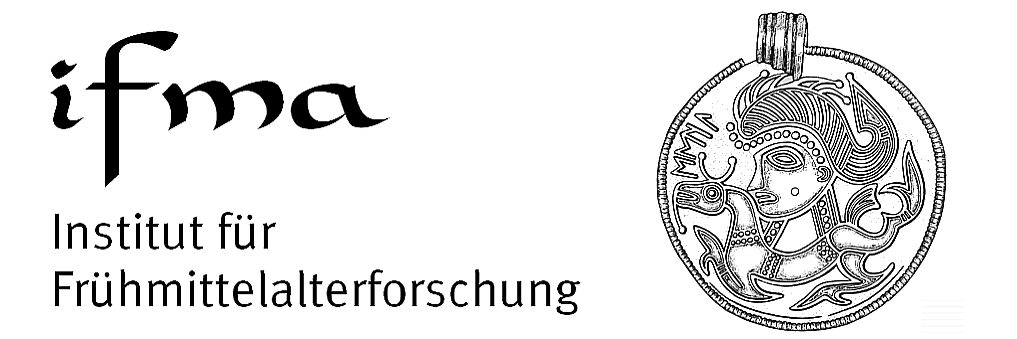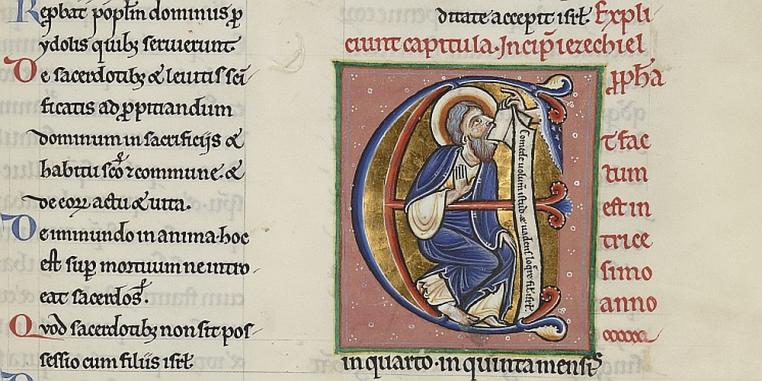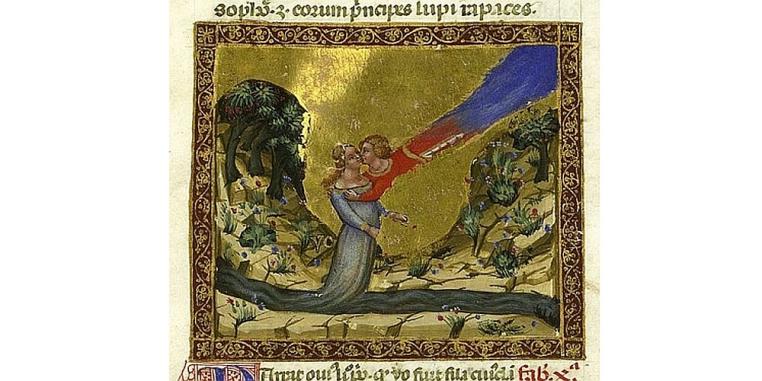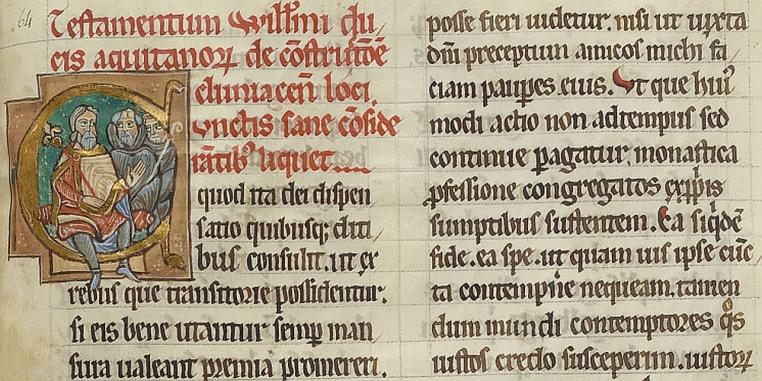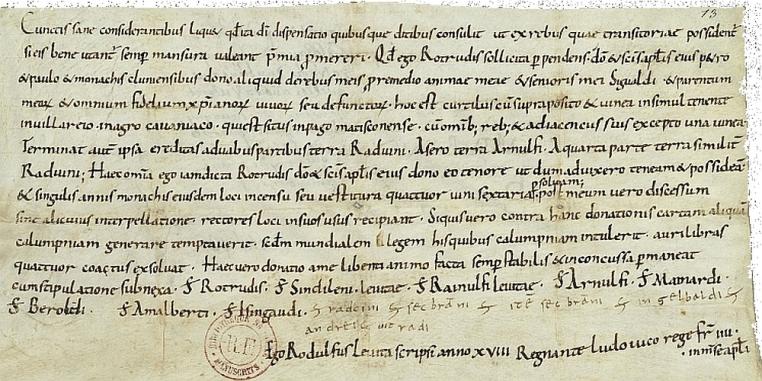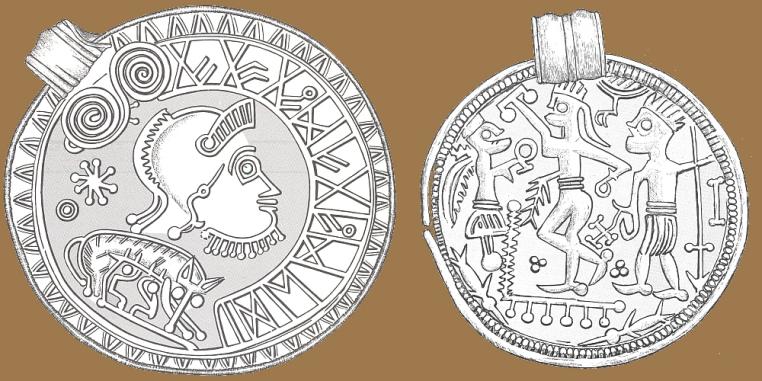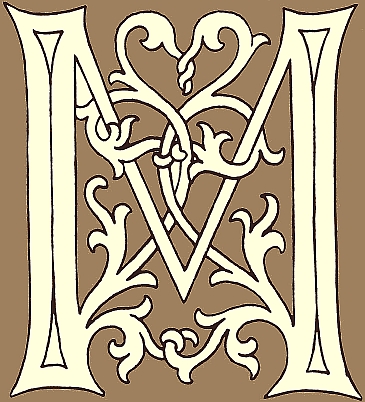
The Institute for Early Medieval Studies
Established in 1964 as an institute of interdisciplinary research
Archaeologists, historians, philologists, and theologians of several departments of the university of Münster, all medievalists, have collaborated in the Institute of Early Medieval Studies since 1964. Research projects are outlined in the course of constant interdisciplinary exchange of methods and results. The Institute's facilities contribute to the realization of these projects. However, they are only made possible by permanent additional fund raising.
In this way, the following research work has been carrried out under full responsibility of or in cooperation with the Institute:
- 1968-1985: Collaborative Research Centre (Sonderforschungsbereich) SFB 7
"Medieval Studies" (Visual representation, interpretation of meaning, objects, terms and language, prosopography); - 1986-1999: Collaborative Research Centre (Sonderforschungsbereich) SFB 231
"Representatives, fields, and forms of pragmatic written record in the Middle Ages"; - 2000-2011: Collaborative Research Centre (Sonderforschungsbereich) SFB 496
"Symbolic Communication and Social Value Systems from the Middle Ages to the French Revolution"; - 1990-1999: Research Training Group: (Graduiertenkolleg):
"Characteristics of written record and society in the Middle Ages (Interdisciplinary Medieval Studies)"; - 1999-2008: Research Training Group: (Graduiertenkolleg):
"Symbols in Medieval Society"; - several other projects financed by the "German Research Foundation" (Deutsche Forschungsgemeinschaft) [DFG] and by additional public funding.
On 7 July 2014, the Institute for Early Medieval Studies merged with the newly established section of Early Modern Studies to form the larger research association
CMF - Centre for Medieval and Early Modern Studies.
It is the aim of this centre to strengthen the fruitful interdisciplinary research carried out at the University of Münster so far. By establishing permanent structures, which go beyond the duration of the German Universities Excellence Initiative, the CMF intends to develop new areas of research, whose results will be published in monographs and journals edited by the centre.
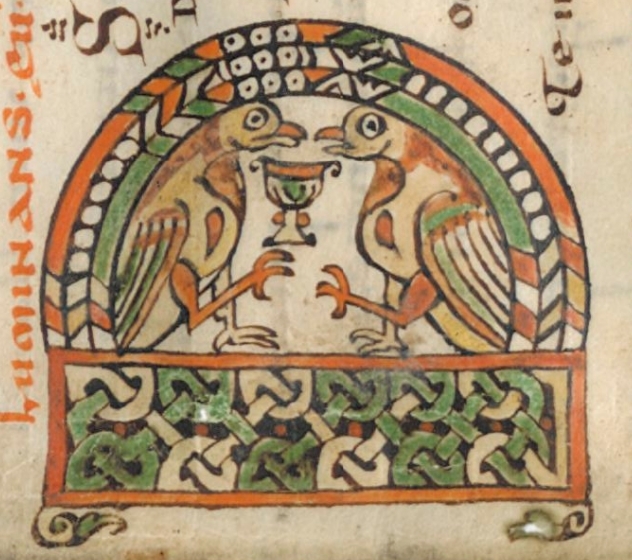
The CMF serves as an organisational platform for research projects about the Middle Ages and the Early Modern Period, focusing primarily on cultural history. Part of the CMF is a research library, based on the library of the Institute for Early Medieval Studies and enlarged by financial means of several consecutive Collaborative Research Centres (SFB).


